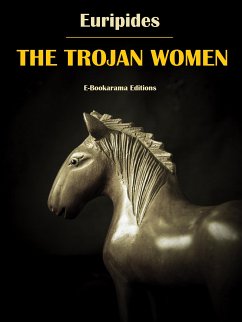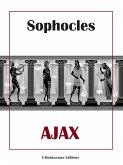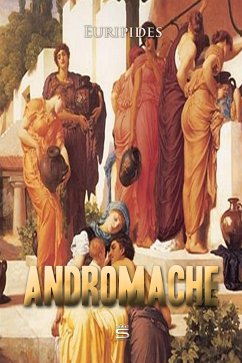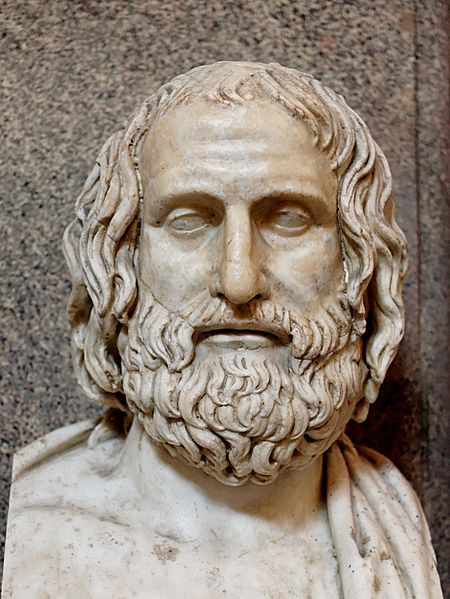The play is a famous and powerful indictment of the barbarous cruelties of war. It was first produced only months after the Athenians captured the city-state of Melos, butchering its men and reducing its women to slavery, and the mood of the drama may well have been influenced by Athenian atrocities.
"The Trojan Women" follows the fates of Hecuba, Andromache, Cassandra and the other women of Troy after their city has been sacked, their husbands killed, and their remaining families about to be taken away as slaves (it runs parallel to the events in Euripides‘ play “Hecuba“). It is often considered one of Euripides‘ greatest works, and among the best anti-war plays ever written.
Dieser Download kann aus rechtlichen Gründen nur mit Rechnungsadresse in A, B, BG, CY, CZ, D, DK, EW, E, FIN, F, GR, HR, H, IRL, I, LT, L, LR, M, NL, PL, P, R, S, SLO, SK ausgeliefert werden.










